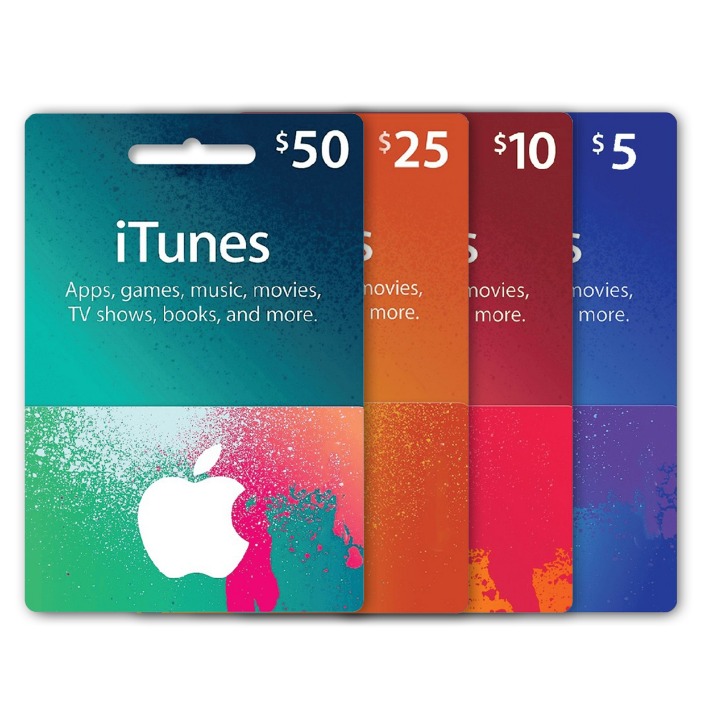Cuban Cigars: The Unrivaled Benchmark of Excellence
For centuries, the mystique surrounding Cuban cigars has remained unchallenged. Originating from the nutrient-rich soils of Cuba’s Vuelta Abajo region, these cigars benefit from a unique microclimate and generations of meticulous craftsmanship. The designation “Habanos” is legally protected, signifying cigars rolled entirely with Cuban-grown tobacco under strict regulatory oversight. What sets them apart isn’t just terroir, but tradition: torcedores (master rollers) often train for decades, handcrafting each piece using techniques passed down through families. Iconic brands like Cohiba, Montecristo, and Partagás aren’t merely products; they embody a cultural legacy. The fermentation process alone can take years, allowing complex flavors—notes of cedar, leather, spice, and cocoa—to develop fully. Despite global competition, Cuban cigars maintain an almost mythical status among connoisseurs due to their unparalleled balance and aging potential. Authenticity is paramount; counterfeit Cuban cigars flood markets, making trusted vendors essential for experiencing the true “puro” essence. While geopolitical factors influence accessibility, their reputation for luxury endures, symbolizing achievement and refined taste across continents.
Worldwide Cigars & Cigarillos: A Tapestry of Traditions and Tastes
The cigar world extends far beyond Cuba, with diverse regions offering distinct profiles shaped by local soil, climate, and heritage. Dominican Republic cigars, renowned for their smooth, approachable character, often feature creamy, nutty notes—exemplified by brands like Arturo Fuente. Nicaraguan tobaccos, grown in volcanic soil, deliver bolder, peppery experiences, with Padrón and Drew Estate leading the charge. Meanwhile, Honduran varieties strike a balance with earthy sweetness. Alongside these premium offerings, cigarillos have carved a significant niche. These slender, short-filler smokes provide convenience without compromising on ritual. Popular for quick breaks or introductory experiences, brands like Café Crème and Al Capone infuse flavors like vanilla or cognac, while traditional tobacco-forward options cater to purists. The rise of cigarillos reflects modern lifestyles, yet they retain artisanal roots, especially in European markets where machine-made and hand-rolled variants coexist. Whether savoring a full-bodied Nicaraguan robusto or a swift Dutch-style cigarillo, the global landscape celebrates variety—proving that exceptional tobacco craftsmanship thrives from the Americas to Indonesia.
Hong Kong’s Cigar Sophistication and the Art of the Perfect Gift
In Hong Kong, cigar culture thrives as a symbol of affluence and cosmopolitan taste. Despite high tobacco taxes, luxury lounges and exclusive clubs cater to discerning aficionados, blending Eastern hospitality with global traditions. Venues like the Grand Hyatt Steakhouse boast humidors stocked with rare Cubans and limited editions, while events such as the Habanos Festival attract international collectors. The city’s status as a financial hub amplifies demand for premium cigars as tokens of business respect or celebration. This context makes cigars an impeccable best gift cigar choice—whether for sealing deals, marking milestones, or honoring relationships. Gifting cigars requires nuance: consider the recipient’s experience level. A novice might appreciate milder, approachable options like Macanudo Café, while veterans crave complex Cubans or aged Padróns. Presentation matters; elegant wooden cases or personalized cutters elevate the gesture. For those navigating Hong Kong’s vibrant scene, exploring a curated Hong Kong Cigar selection ensures authenticity and prestige. Ultimately, a finely chosen cigar transcends mere objecthood—it conveys thoughtfulness, shared moments, and an invitation to pause in life’s relentless pace.




